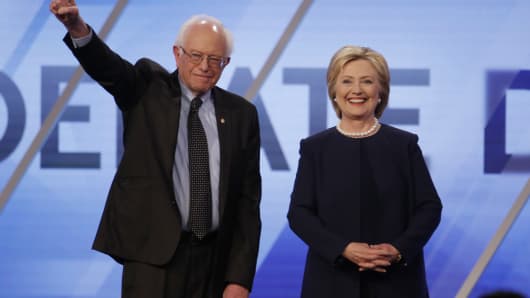As the nation lies glued to their televisions and iPhones to watch the horror of two more African Americans shot and killed by police—followed by what seemed like a professional hit job that killed five Dallas police officers—the tremors of Hillary Clinton's political earthquake have dwindled by default.
But the aftershock won't go quietly into the night.
Republicans, who up until now became famous for dog and pony show investigations like Benghazi, actually had a strong leg to stand on in their hearing with FBI Director James Comey Thursday, grilling him on blatant inconsistencies and contradictions layered into his decision not to indict the former Secretary of State for sharing classified information on a private email server.
She was "extremely careless; I think she was negligent," he said to Republican and Democratic lawmakers—but apparently not grossly negligent enough to be prosecuted.
Would anyone not named Hillary Clinton get the same benefit of every doubt?
As Attorney and Assistant Professor at University of New Hampshire Seth Abramson wrote, "The issue for Comey wasn't that Clinton hadn't committed any federal crimes, but that in his personal opinion the chief federal felony statute Clinton violated has been too rarely applied for him to feel comfortable applying it to Clinton."
All of this paints a clear picture: that people in Clinton's power bracket are above the law compared with average citizens without bankers, lobbyists, and other corporate lawmakers in their corner.
And that helps Donald Trump—the candidate representing the exploding anti-establishment, anti-corruption voting bloc filled with a mix of Democrats, Republicans, Independents, Libertarians and millennials.



